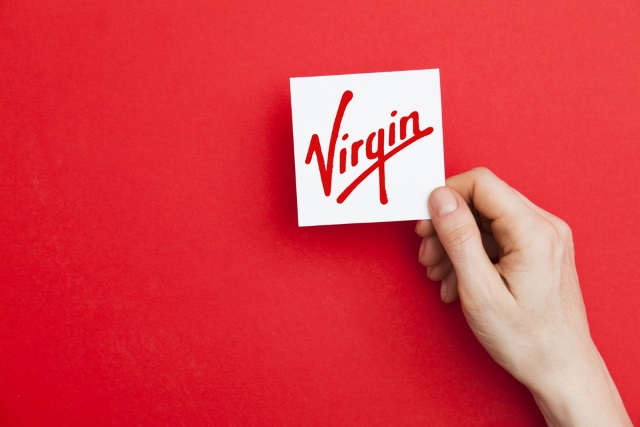
Virgin Mobile to offer cheap, 'pre-loved' iPhone 7 and iPhone 7 Plus handsets
Virgin Mobile has announced plans to offer Certified Pre-Loved iPhone 7 and iPhone 7 Plus handsets in the US. Starting in February, the company will be offering the phones for between $379.99 and $429.99.
It is already possible to buy a Certified Pre-Loved iPhone 6s or iPhone 6s Plus from Virgin Mobile, and by adding the newer handsets to the program, the company is offering a cheaper way to buy a more recent iPhone.
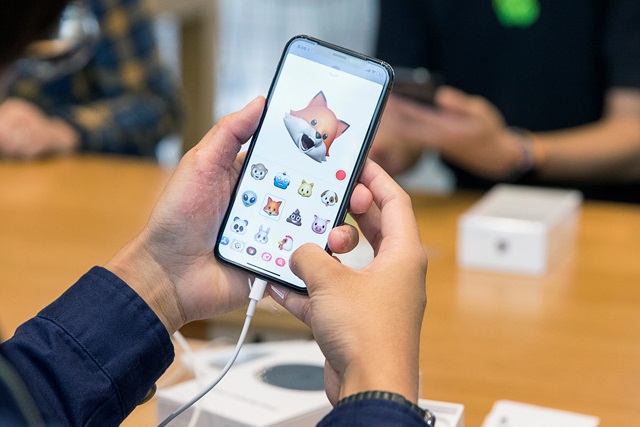
iPhone X sales reportedly below expectations
Smartphone buyers are not all that impressed with the iPhone X. According to a new report released by Nikkei, Apple saw "slower-than-expected" sales in major markets like US, Europe and China during the holiday season.
Nikkei claims that, as a result, Apple has decided to halve the production target for its flagship smartphone in the first quarter of 2018 from 40 million units to 20 million units.
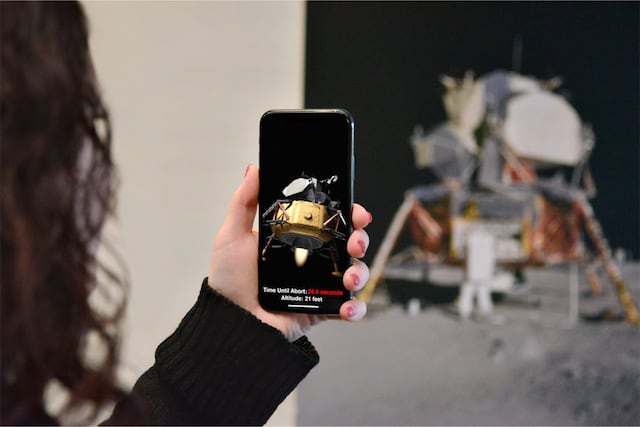
iOS 11.3 lets iPhone users disable performance throttling
Apple has damaged its reputation by secretly throttling the performance of aging iPhones. The smartphone maker says that it took this course to prevent a drop in battery life, though many folks believe that the reason was to get customers to switch to a newer model. Still, CEO Tim Cook promised that iPhone users would soon be able to opt out.
And, today, the iPhone maker officially reveals that this feature will be introduced in iOS 11.3. This version of the mobile operating system is currently in preview and it will be rolled out "this spring."
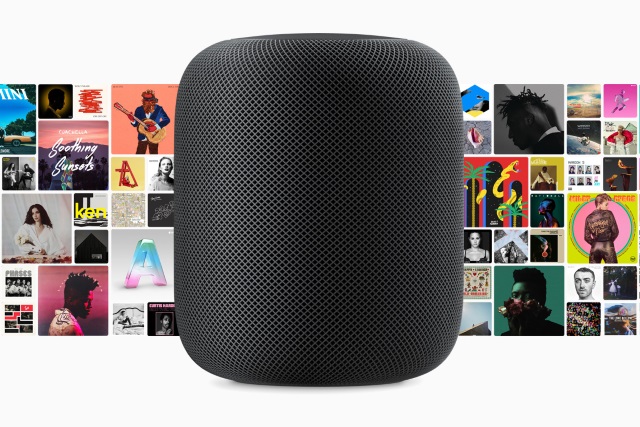
Apple's HomePod launches February 9 for $349
Pre-orders for Apple's eagerly anticipated smart speaker -- the HomePod -- start in just a few days' time. Today the iPhone-maker announces that the HomePod will launch on February 9, but you can pre-order from Friday January 26.
The smart speaker will be available in the US, UK and Australia first of all, and springtime will see it launch in France and Germany. The voice-controlled HomePod had been planned for 2017, but was delayed before Christmas. Now Apple is finally ready to offer a premium alternative to the likes of the Amazon Echo and Google Home, with the company placing a firm emphasis on not just the familiarity of Siri, but also audio quality.
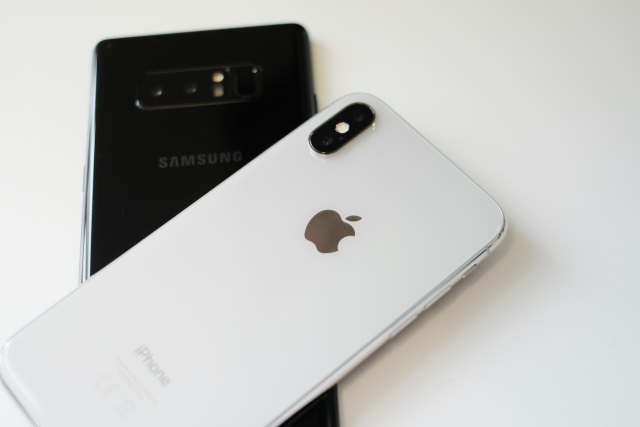
Italy launches investigation into Samsung and Apple for slowing down phones
Just a couple of weeks ago a French watchdog announced that it was investigating Apple about the "planned obsolescence" of iPhones. Now Italy is also looking into both Apple and Samsung after complaints that the companies are purposefully slowing down older phone models.
Apple has already admitted and defended the fact that it slows down older iPhones, saying that it is done to ensure the best performance from aging batteries -- later saying that an upcoming update will make the slowdown optional. In Italy, both Apple and Samsung stand accused of reducing handset performance to "induce consumers to buy new versions."
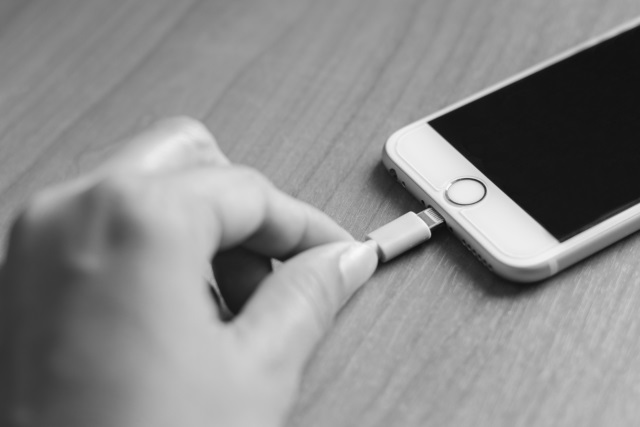
Tim Cook: iPhone users will soon be able opt out of performance reduction
Many iPhone owners were disappointed to learn that Apple had been purposefully slowing their handsets, with many people believing it confirmed rumors that Apple slowed older iPhones to encourage upgrades.
Facing a backlash, the company explained that the forced performance degradation was an attempt to maximize battery life, and it then announced a cheaper battery replacement program. Now Tim Cook has said that a future iOS update will make iPhone throttling optional.

Apple plans to invest $350 billion in the US economy in the next 5 years
Apple has announced plans to make further investment in the US economy, spending some $350 billion over the course of the next 5 years. This figure does not include Apple's ongoing tax payments, tax revenues generated from employees' wages, or the sale of Apple products.
The tech giant promises to add 20,000 more American jobs (Apple already employs 84,000 people across all 50 states), and create a new campus -- to house technical support for customers -- at an as-yet unannounced location.

Warning: A simple text message can crash iOS and macOS
Every few years or so, news breaks about a new bug that can cause iPhones and Macs to crash.
In 2013, it was discovered a string of Arabic characters could kill applications in OS X 10.8 and iOS 6, and then in 2015, the "Effective Power" bug allowed anyone to remotely reboot iPhones -- again by using a special sequence of characters.

Spectre patch in iOS 11.2.2 is slowing down iPhones
As technology firms around the world try to mop up the mess that the Meltdown and Spectre chip bugs are making, Intel has been keen to stress that the impact patches will have on performance will be minimal. The company has already released benchmark results that show the hardest hit will be older computers. Now new benchmarks show that iPhone users may notice slowdowns too.
One iPhone 6 owner decided to benchmark his phone and found that the performance hit is significant. So significant, in fact, that some tasks see a performance degradation of more than 50 percent.

macOS High Sierra lets you unlock App Store preferences with any password
Most of the security vulnerabilities we write about are hard to exploit by the average computer user. I consider myself fairly experienced but, honestly, without a step by step guide I would not be able to "hack" a program or operating system even with the full bug report in front of me. And even then I probably would not know what to do to get any meaningful data from it anyway.
But some security vulnerabilities are so easy to exploit that anyone can do it. Unlocking the App Store menu in System Preferences on macOS High Sierra 10.13 is one of them.
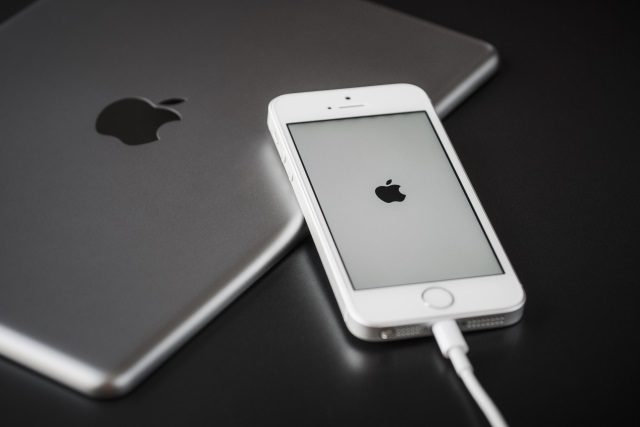
Apple to pay £136 million in back taxes after UK audit
HMRC (Her Majesty's Revenue and Customs) has completed an "extensive audit" of Apple, and accounts show that the company has been hit with a £136 million ($184 million) back tax bill.
There has been a great deal of interest in the tax arrangement of technology companies in the past couple of years, and the recent Paradise Papers revealed how Apple was structuring its finances. The latest payment in the UK comes after Apple agreed to settle a $15 billion bill in Ireland, and the company says its UK tax bill payments will increase in coming years.
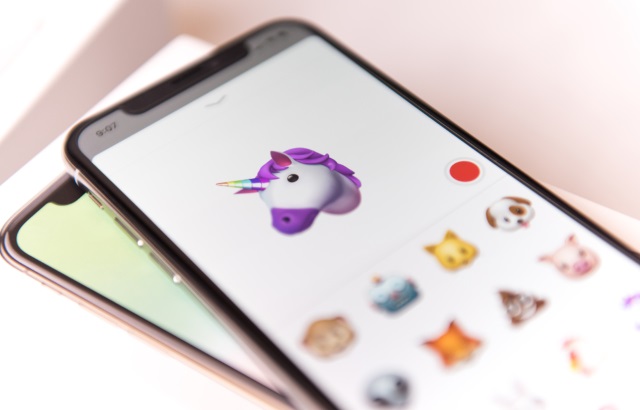
Apple to introduce enhanced parental controls to counter iPhone addiction in children
Following accusations that children are addicted to iPhones, Apple has said that it will introduce improved parental controls in iOS.
At the weekend, an open letter from a group of investors expressed concern about the overuse of Apple devices by children and teenagers. Responding to the letter, Apple says that while it considers itself a leader when it comes to parental controls, it will make the feature even "more robust" in the future.

French prosecutors investigate Apple over 'planned obsolescence' of iPhones
There have long been rumors that Apple slows down iPhones in a bid to encourage owners to upgrade to newer models. While not admitting to this precise accusation, the company had said that it reduces performance of iPhones to counteract aging batteries.
Now the French consumer fraud watchdog DGCCRF is launching an investigation into what is described as "planned obsolescence." In France it is illegal to purposely shorten the life of a product to encourage replacement purchases, and the investigation comes after a complaint from a consumer group.
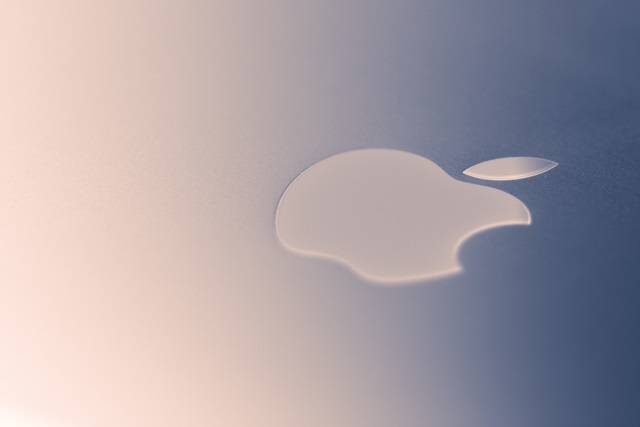
Apple releases iOS 11.2.2 and macOS High Sierra 10.13.2 updates to protect against Spectre vulnerability
Following the Meltdown and Spectre revelations, let's just say that 2018 is off to a bad start for many tech companies. Apple is among the biggest players affected by the two security vulnerabilities, with all iOS and Mac users at risk.
The company was quick to patch Meltdown, however, with iOS 11.2, macOS 10.13.2 and tvOS 11.2 getting mitigations against the vulnerability. And, now, it's tackling Spectre too through new updates for its major operating systems.

Apple: all iOS and Mac devices are vulnerable to Meltdown and Spectre chip bugs
Apple has confirmed that all of its Macs, iPhones and iPads are affected by the recently revealed Meltdown and Spectre vulnerabilities. The company points out that while a huge number of devices are affected, there are "no known exploits impacting customers at this time."
Just as Microsoft has already pushed out an emergency patch for Windows 10 users -- with Windows 7 and 8 to follow soon -- Apple has already rolled out some patches for Meltdown with iOS 11.2, macOS 10.13.2, and tvOS 11.2. An update to Safari to protect against Spectre is promised in the coming days.
